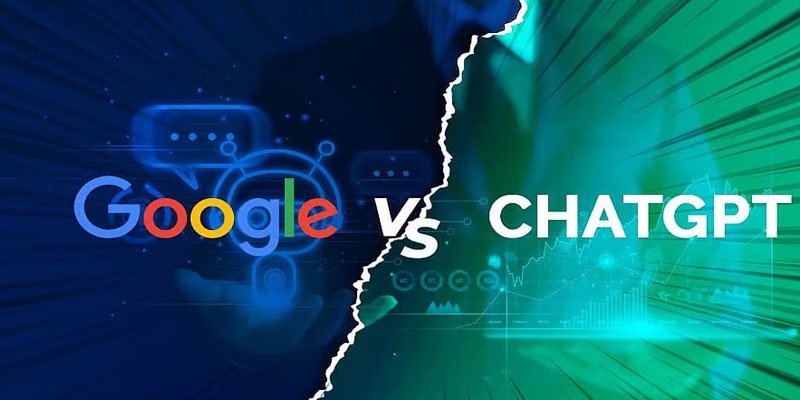
ChatGPT Surges Past Google Milestone with 365 billion Annual Searches and Record-Breaking Growth
Opening Breakthrough: ChatGPT’s Meteoric Rise Surpasses Google’s Early Growth
In a stunning leap that highlights the shifting dynamics of digital innovation, ChatGPT has achieved 365 billion annual searches just two years after launch—a growth rate 5.5 times faster than Google in its early years. The data, revealed in a landmark report by tech analyst Mary Meeker, signals a seismic shift in how the world engages with information and AI-driven tools.
ChatGPT’s milestone not only redefines the pace of user adoption in the AI era but also positions it as a central player in the global search and knowledge ecosystem—one that is rapidly evolving beyond traditional search engines.
ChatGPT vs Google: Titans of Two Tech Eras
Google, launched in 1998, revolutionized how humans accessed the internet. It introduced algorithmic search that made the web navigable, becoming the default interface to information. In contrast, ChatGPT—built by OpenAI and launched in late 2022—ushers in a new model where users engage in conversational, contextual interactions with artificial intelligence.
Meeker’s report emphasizes that ChatGPT's rise isn't just faster than Google’s; it's transformational in a new way. Unlike static keyword searches, ChatGPT processes and generates human-like responses, enabling users to learn, create, and problem-solve in real time.
While some analysts caution against a direct comparison due to differing eras—Google launched amid low internet penetration, while ChatGPT entered a mature, cloud-based, mobile-first environment—Meeker counters that this acceleration is a reflection of how each technology wave builds upon the previous one. In her words, “We’ve never seen anything like the user growth of ChatGPT, particularly outside the US.”
What’s Driving This Hypergrowth? The AI-Ready Ecosystem
Several converging factors have fueled ChatGPT’s record-breaking adoption:
· High smartphone and internet penetration enabled instant global access.
· Cloud infrastructure and APIs made integration and deployment seamless.
· Freemium models encouraged trial, experimentation, and viral sharing.
· Global curiosity in generative AI drove media coverage, public experimentation, and business adoption.
According to Meeker, this environment exemplifies what she calls a “mature digital runway”—an ecosystem optimized for speed. While PCs took 20 years to reach 50% penetration, mobile internet did it in six. AI, Meeker predicts, will do it in three.
ChatGPT’s 800 million weekly users and a 250% annual growth in training data reflect a world hungry for personalized, intelligent tools. Yet this scale comes with costs—massive computational infrastructure and soaring energy demands. As a result, Meeker stresses the urgent need for sustainable monetization strategies to support continued expansion.
Looking Ahead: AI’s Expanding Footprint
Meeker, widely known as the "Queen of the Internet" for accurately forecasting digital trends, sees ChatGPT’s rise as part of a broader evolution. By 2030, she predicts AI will deeply personalize services in healthcare, education, and finance.
She also envisions the next billion users engaging with AI via voice interfaces and satellite connectivity—skipping apps, browsers, and even search engines as we know them. In her vision, AI agents will become the primary point of contact between people and the digital world.
A New Chapter in the Internet’s Story
ChatGPT’s explosive growth is more than a viral success—it’s a sign of a new paradigm. The comparison with Google isn’t just about speed; it's about a fundamental change in how humans interact with information.
As AI continues to redefine digital interaction, the race isn’t just between companies, but between eras of technological evolution. And for now, ChatGPT stands as the symbol of a future already unfolding.
(With agency inputs)











